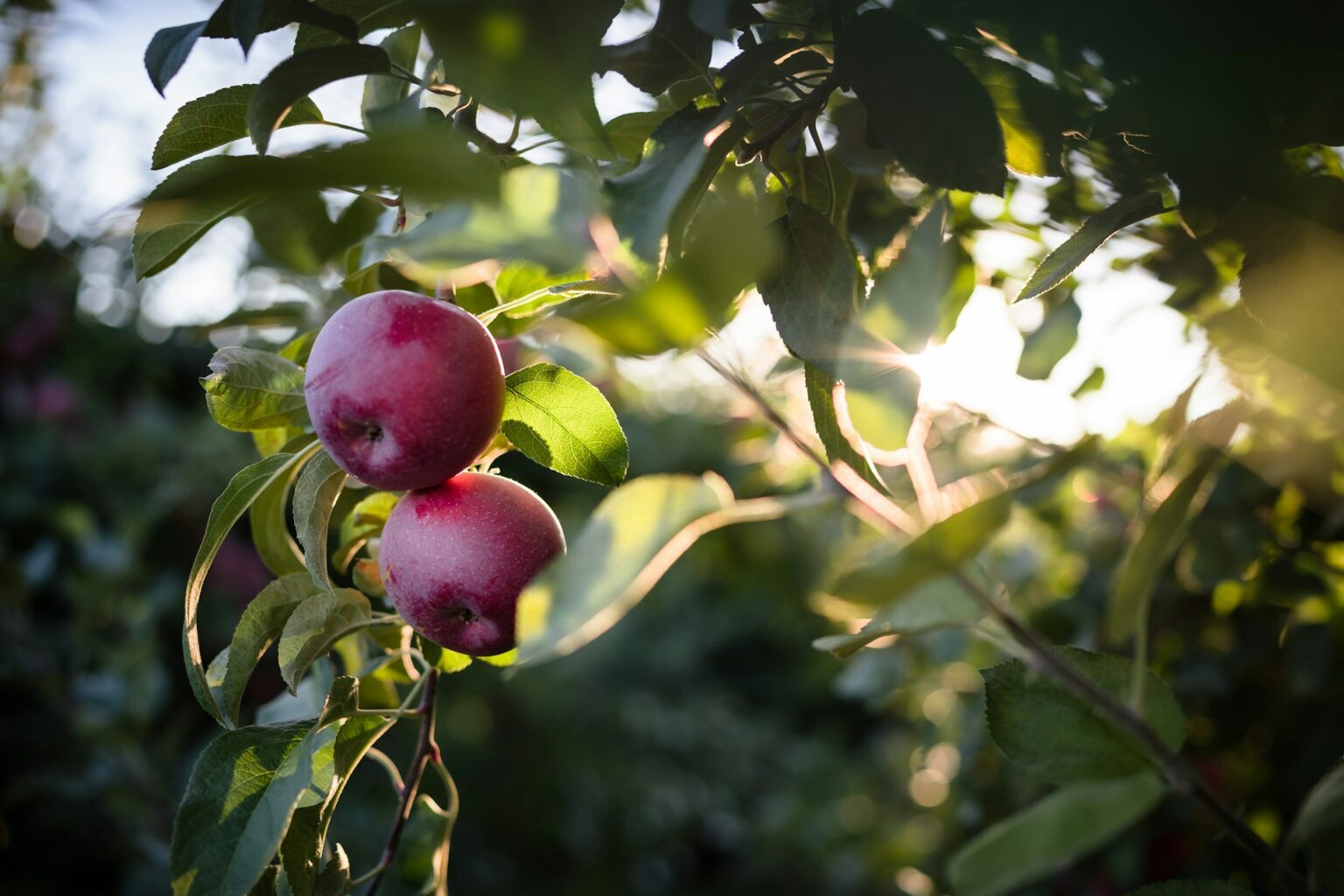The crab apple tree remained barren through May and June, baffling its caretakers until a visit to the local garden center uncovered the cause: a mild winter prevented it from blooming. Surprisingly, it needed winter’s harshness to trigger its blossoming. The solution? To stress the tree by tapping the base of its trunk with a rolled-up newspaper, awakening its root system. Two weeks later, the tree burst into full bloom.
I sometimes feel sorry for trees in winter. They shed their vibrant canopies, enduring harsh winds and cold. If I didn’t know any better, I would think they were dead. Yet, beneath the surface, they thrive. Their roots dig deep, seeking nutrients. Similarly, our own “winter seasons” strip away facades, exposing us to storms of confusion and pain. Yet, it is during these times that we grow the most.
I can’t help but wonder if we truly understood the redemptive power of suffering and its eternal significance, would we embrace it rather than resist it? We have a choice to make. We can stay dormant in despair, refusing to blossom or deepen our connection to God and produce fruit in due season.
MacMillian dictionary offers two definitions of rooted:
- If one thing is rooted in another, it is based on it, has developed from it, or is influenced by it.
- Strong and difficult to destroy.
The fruit in our lives, which spring and summer reveal with buds and blossoms, emerges from a deep inner life forged in trials, suffering, and perseverance through winter’s bitter cold. Fruit is the proof of a life rooted in Christ (John 15:4-8). Our winter labors come to fruition in time. It is a natural outgrowth of life with Jesus.









